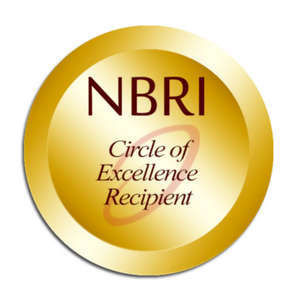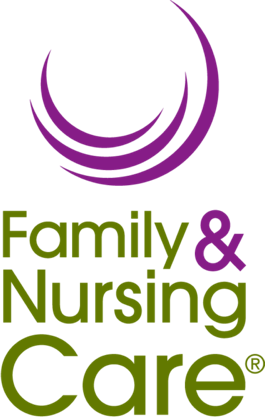
Re-emerging Gaps in Care
The first 48 hours after discharge from a hospital or rehab are critical to the safety and health of patients. This small window of time is when they are at their weakest, and at greatest risk for a fall or other adverse event, which can result in a return trip to the hospital. Preventing hospital readmissions following discharge greatly improves the quality of life for patients and saves our partner hospitals (and the healthcare system as a whole) a tremendous amount of money. Yet, there is often a gap in care from the time that a patient is released from the hospital until their rehabilitation or Medicare services begin.
This gap in care is at risk of being exacerbated by the May 2023 expiration of the Public Health Emergency (PHE) spurred by the COVID-19 pandemic. With the end of the PHE, the Centers for Medicare & Medicaid Services (CMS) has in turn expired their waiver of the “3-midnight rule” requiring Medicare beneficiaries to have a three-day hospitalization to be eligible for Medicare-covered skilled nursing facility (SNF) services without incurring high out-of-pocket costs.
A Changed Healthcare Landscape
During the PHE, hospitals came to rely on the “3-midnight rule” waiver to free up hospital beds and relieve overwhelmed acute care facilities during the pandemic.
Now, the Medicare rule has returned despite facing a changed healthcare landscape. Some hospitals continue to experience surges due to respiratory viruses, leading to a shortage of inpatient beds and cancellation of elective procedures. Additionally, the pandemic has led to critical shortages of healthcare workers including nursing staff and physical and occupational therapists. These workforce shortages often result in delays in starting Medicare services after hospital discharge.
One regional hospital reviewed its records for December 2022 and found that 160 patients were discharged to a SNF under Medicare who would have been sent home without the 3-midnight rule waiver in place. While advocates continue to push for the permanent establishment of the 3-midnight rule waiver, upon its expiration, hospitals will need to make sure they are complying with the reinstated rule to avoid any penalties or reimbursement issues from Medicare.
On the patient side, the reinstatement of the Medicare “3-midnight rule” impacts those who may have previously qualified for SNF coverage but may no longer meet the 3-midnight requirement. These patients may need to seek alternative care options or pay out-of-pocket for SNF care. This could be a financial burden for some patients and families, and hospitals will need to work closely with patients and their families to ensure they understand their options and can make informed decisions about their care post-discharge.
Enter Family & Nursing Care
Family & Nursing Care helps patients receive the crucial care they need as they transition home from the hospital. During the first 48 hours post discharge, when there is the most confusion and misunderstanding of needs and instructions and there are often delays in the start of Medicare or Medicaid services, there is a dramatic difference in successful transitioning between patients who utilize home care services and those who do not.
As a regional leader in providing access to compassionate and reliable home care services since 1968, Family & Nursing Care’s Hospital to Home program existed long before the COVID-19 pandemic, and continues to help ease the transition home for patients after a hospital stay.
- We can help provide a safe and comfortable environment for recovery at home with easy and quick access to home care provided by experienced and compassionate Caregivers.
- Family & Nursing Care liaisons are available to visit with patients and their families while the patient is still in the hospital or rehab facility to help them understand their options for coverage and care at home.
- Support can be on a short-term basis to help with the transition home or on a longer-term basis as needed.
- Family & Nursing Care requires no up-front deposits or long-term commitments from clients.
For instance, we partnered with Medstar Montgomery Hospital to identify patients in most need of care at home and to discuss options and set up a plan for receiving home care services upon their discharge.
In addition, a few years ago, we conducted a “Skilled Nursing Facility to Home” pilot program in conjunction with Nexus Montgomery, where we learned that even after a SNF stay, patients often experienced delays in getting home health care started following discharge due to the bureaucracy for home health agencies, including Medicare and Medicaid, in helping a new patient or client.
The Family & Nursing Care Difference
Getting a dedicated Caregiver on board to help with the transition home from the hospital or rehab can make a world of difference for patient outcomes. Caregivers not only help manage tasks of daily living such as errands, medication pick-up and reminders, groceries, meal preparation, bathing, dressing and support for those who may be at risk for a fall, but they can also help clients digest all the information given to them upon discharge.
Caregivers can also help effectively manage the patient’s specific needs by ensuring they adhere to a special diet, practice breathing techniques and required exercises, and more.
Many Caregivers have used their extensive background knowledge and training to recognize “red flag” symptoms for a client, so that post-discharge issues that can commonly lead to readmission can be treated at a lower level of care.
When hospital readmission statistics are lowered, everyone wins.








